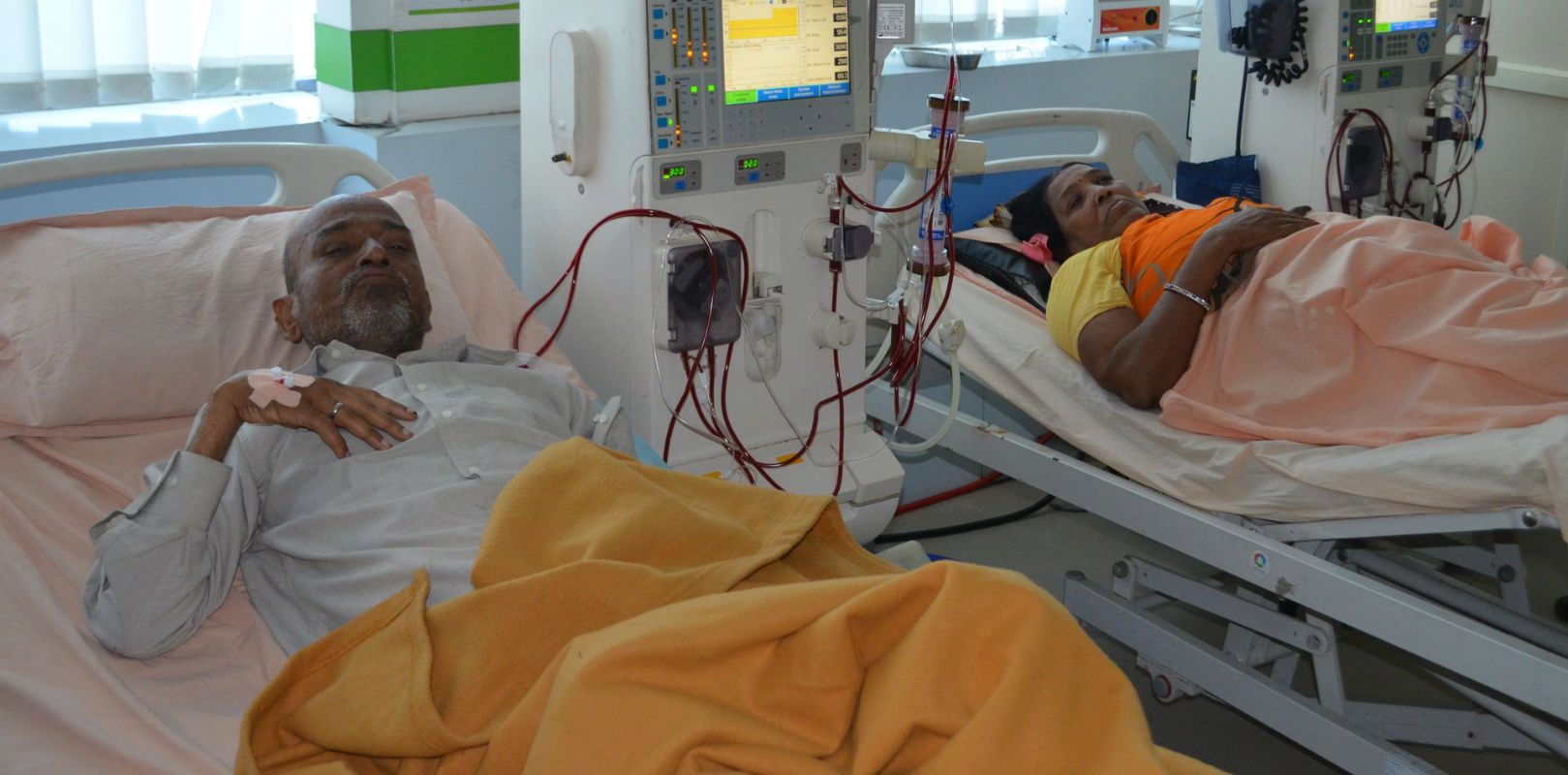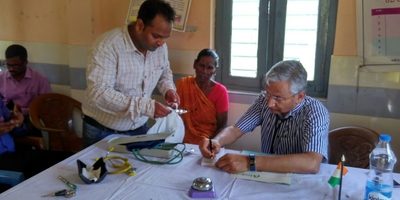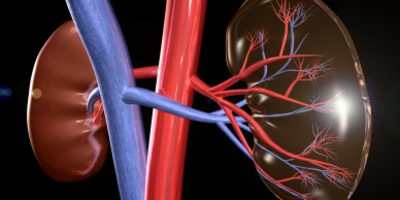
System-level factors influence access to Kidney Disease care in rural India
Poor knowledge and awareness of kidney disease, shortages of healthcare professionals, limited access to essential diagnostics, and medicines, fragmented referrals pathways and inadequate continuum of care result in suboptimal response to kidney disease burden in rural India
New Delhi, March 12, 2020 — Even as the world Kidney Day this year is focusing on Kidney Health for Everyone Everywhere, a new study by the George Institute for Global Health has identified barriers and enablers that impact care to patients with chronic kidney disease (CKD) in rural India.
According to the study, while the major patient-level barriers to care include poor knowledge and awareness of the disease; health system-level barriers include shortages of skilled healthcare professionals and medicines and fragmented referral pathways to the specialists at the hospitals with inadequate follow-up care.
The study entitled “Access to CKD care in rural communities of India: a qualitative study exploring the barriers and potential facilitators” published in BMC Nephrology recently highlighted the responses of patients and healthcare providers in a primary health care setting in rural India. It suggested ways to improve access to CKD care in rural India—these included educational initiatives to increase awareness of CKD among healthcare providers and patients, provision of CKD related supplies, and a systems-level approach to promoting care including task shifting by engaging community health workers as potential facilitators.
“We identified several barriers to accessing CKD care at the primary level in rural India that need urgent attention. Targeted CKD screening programs and CKD specific educational initiatives may improve awareness. Accordingly, primary care infrastructure needs to be strengthened for CKD care apart from ensuring trained staff, availability of essential diagnostics and medications, and creating efficient referral pathways,” says Prof Vivekanand Jha, Executive Director of The George Institute for Global Health India and President of the International Society of Nephrology.
Approximately 1 in 5 adults in India have CKD and diabetes is the single largest contributor accounting for one-third of the CKD burden. Development of CKD and its progression to end stage kidney disease can be prevented by prompt detection and early institution of non-pharmacologic and pharmacologic therapies. “Patients with early disease do not have symptom. This makes it important to screen high-risk individuals such as those with diabetes, hypertension, obesity may help create awareness and promote health seeking behavior,” adds Prof Jha.
According to the study, the health system in India is unable to manage the current and rising burden of CKD, especially in rural areas. Although different cadres of community health workers including the auxiliary nurse midwife (ANM) and accredited social health activists (ASHAs) provide basic services related to maternal and child health and facilitate a link between community and the primary health centers, they do not have the mandate or training for health promotion services for non-communicable diseases including CKD.
The primary health centers serve a population of approximately 30,000, and most are staffed by only one physician. Research indicates there is a lower density of qualified doctors in rural India as medical doctors are unwilling to serve rural areas. Further, nephrologists are in very short supply in rural areas in India, as most practicing ones (total of 1850 in a country of 1.3 billion) are concentrated mainly in the urban areas. Shortage and unequal distribution of the healthcare workforce further deter quality care for chronic conditions like CKD.
Evidence is mounting regarding the role of trained non-physician health workers in the management of hypertension and diabetes in South Asia. Furthermore, digital platforms are being increasingly used for health promotion, as well as screening and management of non-communicable diseases. However, the factors that influence access to early-stage CKD care in rural communities of India and neighboring countries are yet to be studied. “Understanding the challenges faced by the patients and providers regarding the management of early CKD is critical to designing strategies that are potentially effective for improving outcomes,” said Dr Oommen John, Senior Research Fellow, The George Institute India, and the study co-author.





